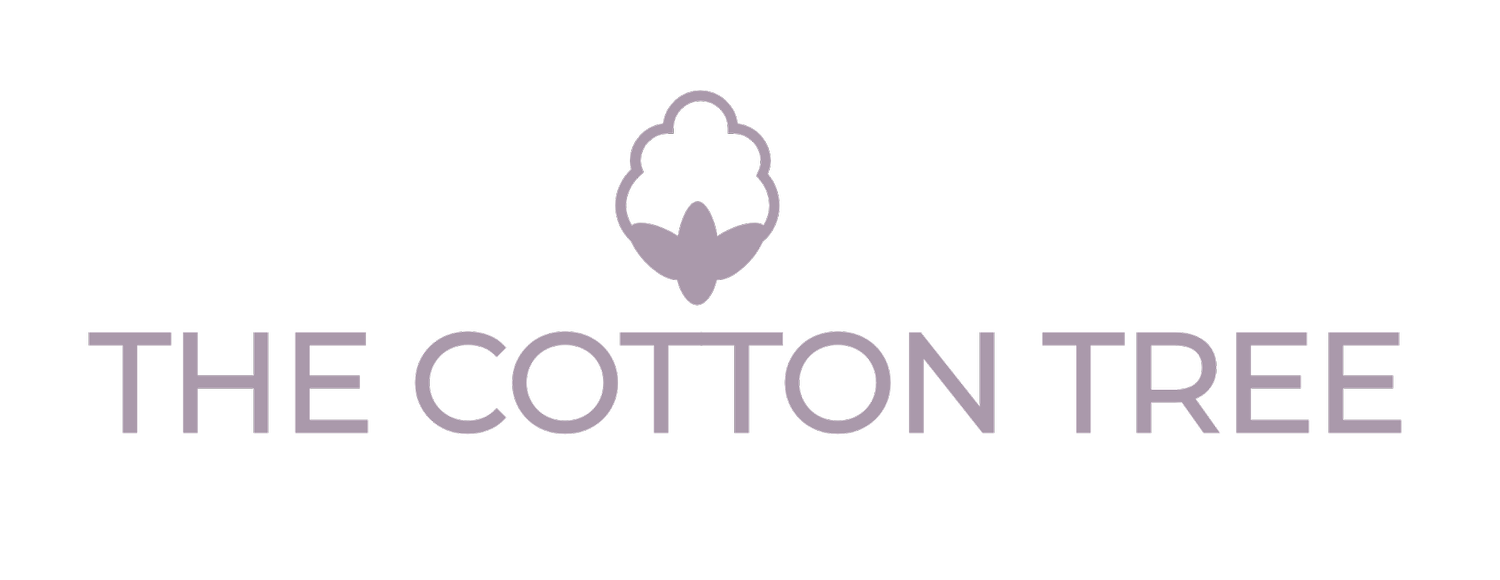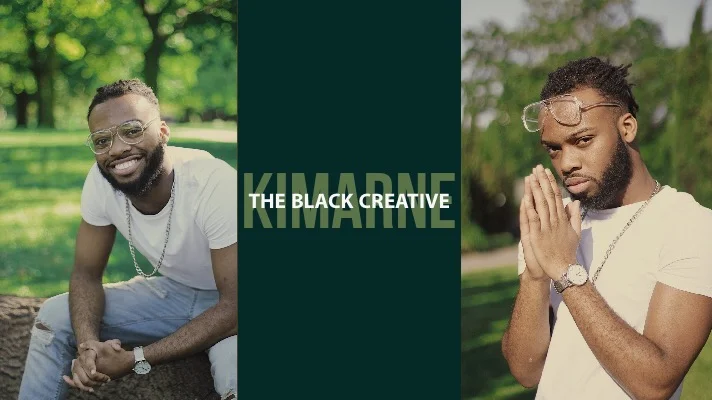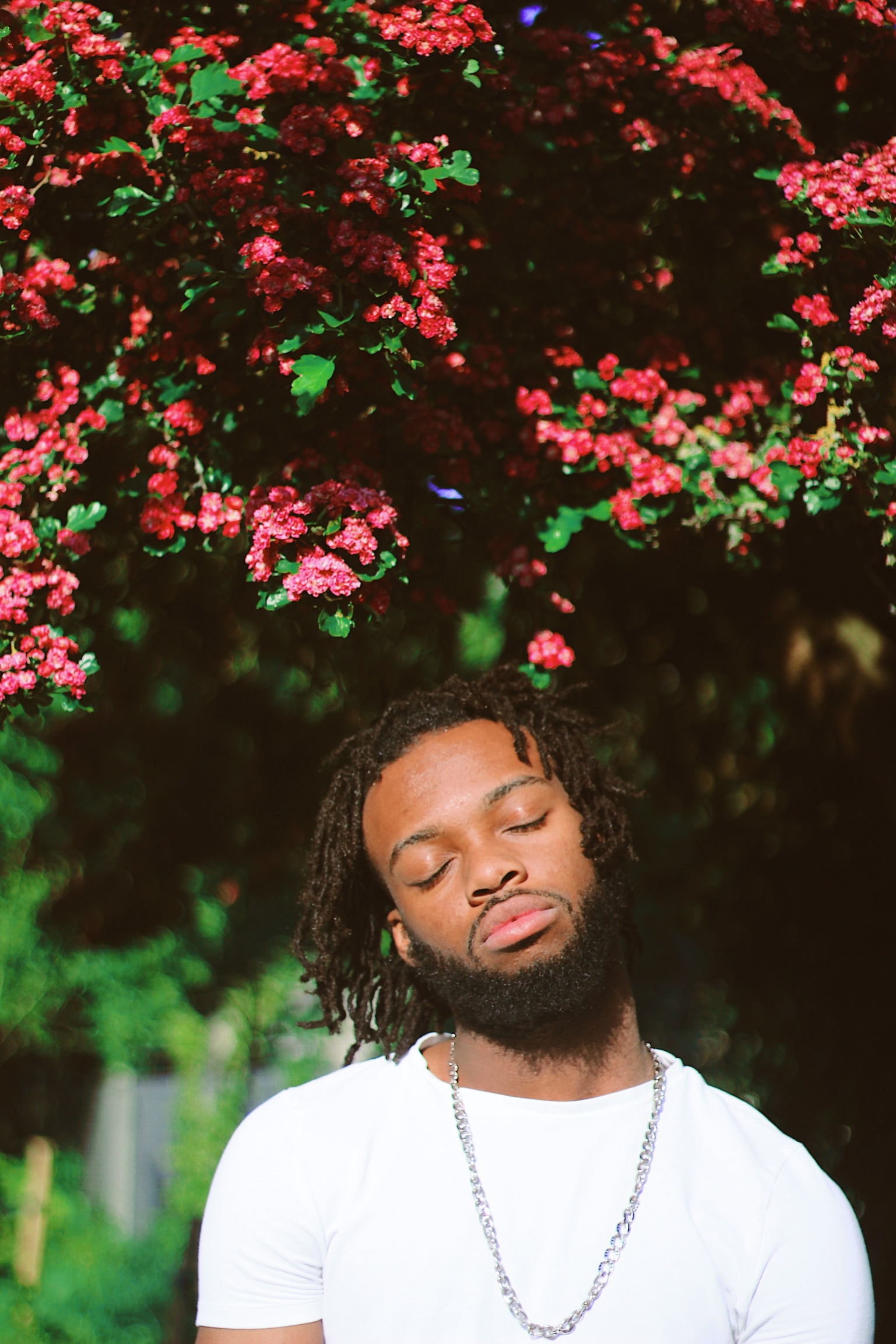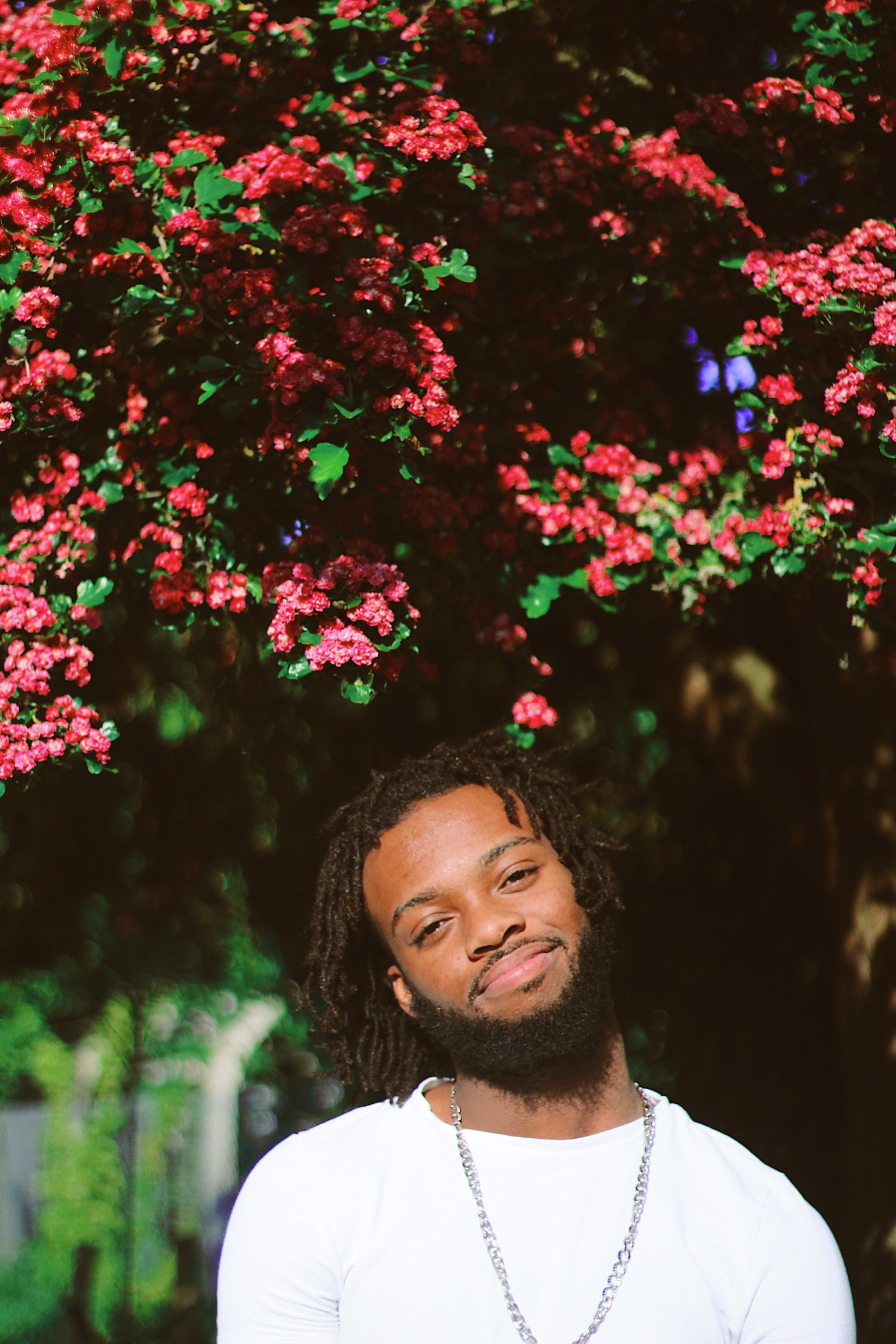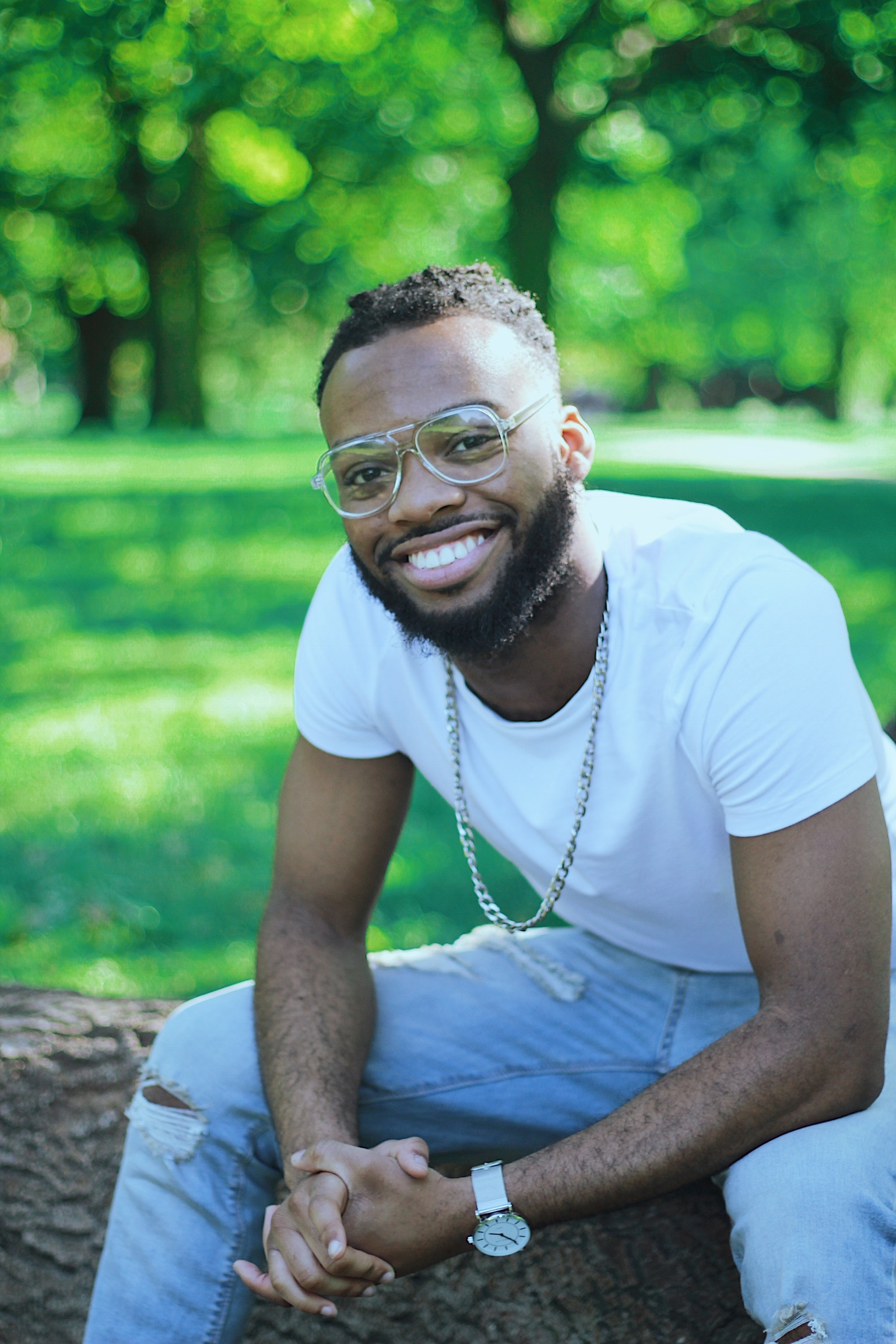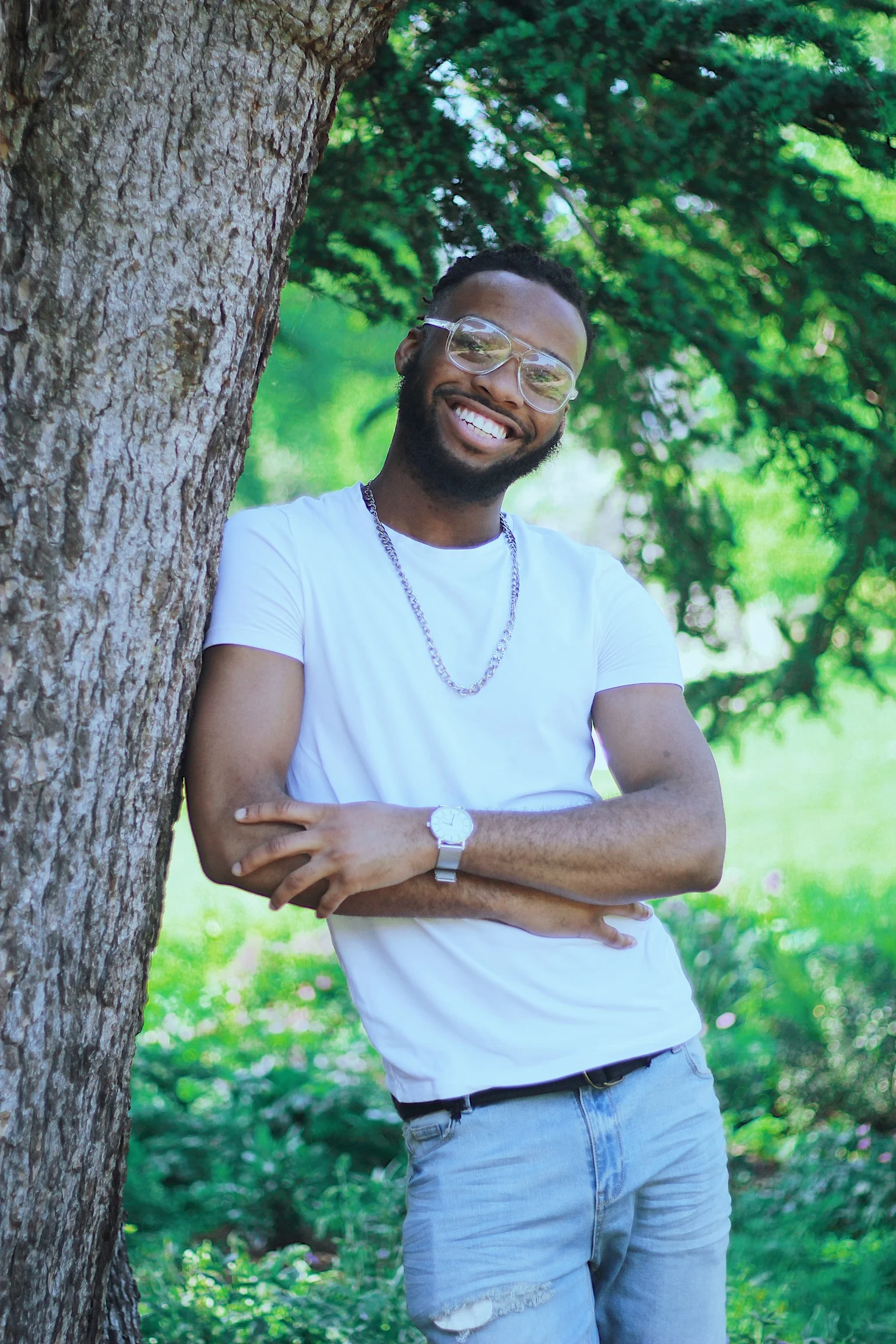Being Black while creative is politics, in fact, Black art in and of itself is highly political. Expressing your views and talent in a space where there is not a lot of support initially is hard, but I want to explore how people navigate their way through this reality. This is a major project and this is something that I'm excited about; something I haven't been for a long time. This project is an exploration of what it means to be creative in a space where making a living from your art is uncommon. It's a breakdown and an analysis of the work of young creatives around me; exploring their struggles, their process and achievements. I want to show how much creative talent exists within our spaces so that other creatives who feel forced and boxed in to give up on their art have active examples of inspiration to draw from.
The fourth person who I had the privilege to meet for this project is Kimarne. He's a talented performer and has been consistently bettering himself. His ability to relate to and connect to his audience is beautiful. He's a Londoner with Caribbean roots who has made it his mission to live his sound.
Q: Who is Kimarne and What can we learn from his music?
“I want my music to be an example for others expressive and creative beings to not be afraid to break the bounds that society put on men when expressing emotion, in any way, shape or form”
A: With the music aside Kimarne is a vibrant individual with thoughts that are rooted deeper than the image on the surface suggests. I am still the life of the party though, I still get lit when I go out and once I’ve warmed to people I’d like to think I’m good company to keep. I feel it’s so important to know where and when to be light hearted and not take things too seriously, but I’m also very sensitive to my surroundings, very observant and have a knack for understanding when to shut my mouth. All in all I’m a family orientated person and I put love at the forefront of my relationships with people - with love, especially in the black community, we can really achieve great things. My music speaks more of my conscious standpoint, but also represents a freedom of expression, both sonically and lyrically. I feel like emotion within men is shunned upon, and I want my music to be an example for others expressive and creative beings to not be afraid to break the bounds that society put on men when expressing emotion, in any way, shape or form – especially black men who have grown in inner city areas.
Q: How long have you been a musician and what made you want to pursue it as a career?
A: I believe there is a transition when it comes to just being a singer and being a musician. Having a gift is one thing, but learning to use it effectively through appropriate means is something different. Funnily enough, maths was my first love, but the natural enthusiasm that 7 year old me had saw me fall in love with performing arts . I would do school plays, staring as Scarecrow in The Wizard Of Oz and Beast in beauty and the beast, with both showing glimpses of some kind of vocal ability, but it was when I first went to Secondary School (High School) that I felt that this is the field my career has to be in. There’s something so satisfying about being on a stage and seeing people enjoy such an intimate part of your personality. I think my musicality made its biggest progression when I hit 14; I started playing steel pans semi-professionally and made a conscious effort to try and understand the beautiful things music was blessing my ear drums with; when you have an idea into the creative process music follows you appreciate it more. Academically I was always very focused and naturally picked things up quickly - I even took Maths GCSE at 14 achieving an A, but my heart always said music and so when it came to making the decision on what career path to take it was quite a difficult one. Head versus heart, parents versus I , security verses risk… I followed my heart.
Q: How would you describe your creative process and when do you find that you produce your best work?
A: My creative process doesn’t actually follow a particular pattern. I have songs that have taken me 25 minutes to write and others that I have written sporadically over years. One thing that I have noticed though, especially with my lyrical content, is that I write efficiently and fluidly when I am emotionally driven and attached to the subject matter the song. Music is my release for almost everything I go through, positive or negative, but also for me I have to keep my music as my safe haven mentally – the glass always must be half full and energy is never lost, only ever transferred. If I can use the negative energy of a bad experience and create something that will affect me or others in a positive light then the music is doing what I intend it to do. I think it’s ironic that my best and most meaningful works have come from scenarios like this.
Q: Describe your sound. How would you say it’s developed from when you first became interested in music.
“My sound has a sense of familiarity to it, yet it’s so mystic and colourful. ”
A: When I’m questioned on what type of music I create, the closest thing I can think of in terms of a definition is contemporary soul, but I’d much rather not box myself into a category as such because I believe that my expression is much more multi-faceted than a single genre could represent. My sound has a sense of familiarity to it, yet it’s so mystic and colourful. When I first started singing, it was more my gift from the most high leading the way. After my voice broke however, I really felt that musically, I had to find my identity again. There was less reliance on natural ability and I had to start afresh, learning more and more about my new instrument and pushing boundaries that I had never had to consciously push before. My experiences with Steel pans helped develop my sense of harmony and I am literally like a sponge – I started soaking in and internalising all these intricate harmonic and melodic lines and experimenting with them over and over, becoming more and more confident in trying things that aren’t harmonically conventional. Studying music at A Level and for my degree has furthered my experimental progression simply because I love trying to incorporate the unconventional with the conventional.
Q: How difficult has it been making your mark as a musician?
A: In all honesty, I still don’t think I have really made my mark as a musician. I feel like there are so many lives I have yet to touch and my music hasn’t quite reached the masses yet. But there are some scenarios whereby my gift has made its mark in much more intimate settings, and its satisfaction is much larger than any platinum selling record could ever achieve. In 2015 I lost a very close friend to a senseless knife attack, and as you’ve probably picked up, my way of dealing with it was to write a song about it. I performed the song to his family at a 6th form event dedicated to his life as we celebrated his birthday. I was honoured when they asked me to perform it at his funeral. As I entered the church the pent up emotion was almost tangible and it was evident it needed a release. It reminded me of an overcast sky with rainclouds ready to explode, but for some reason it hasn’t rained, but you know at any given moment the heavens could open and you could get drenched ! I was on later on in the service and as it went on and on, the emotion kept building. Music is such an effective means as a release, and I had always known that, but it was this very moment I knew exactly how powerful music really could be. As I approached the end of the song, I sung out in my upper register for the first time. I had never taken that approach to the song before but it was as if the holy spirit was guiding me to do what the church needed… suddenly I became drenched in all the emotion the people in the church was holding and I literally felt the wave of emotion hit me. My friends mother started crying out for her son, I could see tears flowing down so many faces and the whole church stood up – I was so overwhelmed I was just about was able to finish the song. But I was glad my gift was the catalyst for everyone releasing the emotion that was so badly in need of a release.
Q: What would you say is the highlight of your musical career so far?
A: I’ve been very fortunate with opportunities in my career so far. I performed at the 02 arena in 2010 having got to the final of a competition called Blastbeat UK, I was a lead vocalists in the 2012 ‘Everybody Dreams’ project,where the students of Gladesmore Community School(my secondary school) wrote and recorded a single to change the negative perception of Tottenham post-riots. The single peaked at number 33 in the iTunes chart, which was a huge success for the school and children involved. Mayor Boris Johnson visited the school to hear the choir sing and the song and students were featured on national television on ITV and the BBC, as well as numerous radio interviews with the BBC in which I was also a spokesperson for. In 2014 I won the London wide XLP arts competition, opening up some amazing opportunities: I was able to perform at loads of different events across London; I was able to attend Laura Mvula’s listening party to take in her beautifully composed, mercury nominated orchestral interpretation of the album Sing to the Moon; and even performed mainstage at the 2015 Greenbelt Festival. However my biggest achievement to date is undoubtedly performing Blinded By Your Grace with Stormzy for the 2017 Christmas day edition of TOTP’s. Working alongside the amazing Karen Gibson alone was an honour in itself, one of the worlds best Gospel choir conductors, I mean she wouldn’t have conducted at the Royal Wedding for no reason. But the opportunity to perform alongside Stormzy on such a massive stage was honestly unreal to me, but it showed a snippet of where continued hard work and dedication to your craft can get you.
Q: Since you decided to get into music, how has that been received by your family?
A: My family have always been kind and supportive of my creative expression. I am fortunate to be able to say that my family are among my biggest supporters and our closely knit nature adheres to this. My pops always encouraged me to put my all into whatever it is that I do, but it did take some convincing. I think me not only displaying my passion for music, but also showing them how dedicated I am to my dream makes it a lot easier for them to whole-heartedly support what I do. My late grandma was one of my biggest fans, she would travel half way across the country sometimes to see me perform a single song and whenever I get doubts about the security of such a risky career path, I revert back to the little message she sent me a few months before she passed, “you keep on”. Sometimes however, I do find myself on the receiving end of a cussing from family members – apparently I don’t tell them enough about when I have performances.
Q: How important is having a supportive base to you?
“As much as I do music for oneself, my aim is always to please those who support me.”
A: I come from an environment where brute honesty is the norm and being frank is honourable, so I know when I am receiving support it is genuine. I would like to believe that I am quite strong minded when it comes to my craft and being dedicated to it, but doubts can creep into the minds of even the strongest beings. Having a supportive fan base at your lowest and highest musical moments is massively important. As much as I do music for oneself, my aim is always to please those who support me. if I can make them proud whilst enjoying the fruits of my labour I’m a happy man. In reality, nobody is anybody without a supportive base and a core group of people who really believe in you and your craft. I wouldn’t have achieved half the things I have achieved if it wasn’t for the support I have received.
Q: Where do you draw inspiration from?
A: The beautiful thing about being inspired is that you never really know what exactly is going to inspire you. I’m of Caribbean heritage and my household was very much a clean-up to reggae on a Saturday and Pops plays roots on a Sunday type of household, so there is a strong reggae influence for elements of my music. The other five days in the week was music played by my older sister, and her love for RnB and soul had a massive influence on my vocal style – possibly even the strongest parts of my musical foundation is rooted in my sisters speakers. Musically, I try to draw inspiration from absolutely everywhere – if I gave you my phone you would understand, the vast array of genres on there is crazy – why confine yourself to one specific genre when there’sso much beauty in all types of music. Writing styles vary so much and its intriguing to get an insight into the way other people express themselves because that too is very inspiring. When your musical pallet is so vast you open yourself up to so many musical possibilities. But it isn’t just music that inspires my music. I’ve been inspired by the work rate of people outside of the creative field, I’ve had run-ins with nature that have inspired me and I’ve drawn on desolate feeling and been inspired to write about it. Like I mentioned before, I’m a sponge, and illlook to anything as a means of inspiriation.
Q: Where do you see yourself and your music in 5 years
A: Probably sitting in a studio somewhere planning my next album release and organising what musicians/artist I want to be a part of my tour. I want to be at a place where my music is loved by many and appreciated by even more. But most importantly I just want to be happy. It sounds so cliché but were all dream chasing, and sometimes we get so caught in the chase, so concerned with making ends meet, that our grip loosens on the sole reason were even chasing this dream – music makes us happy. Sometimes, especially with creatives, and even more so for creatives who don’t come from privileged backgrounds, we tend to drive ourselves crazy chasing perfection and trying to reap the rewards of this very perfection, but I want my music to be a happy place for me and for everyone else. I’ll be 26 in 5 years time, so hopefully I’ll have a missus by then too – life comes at you fast and I’m not trying to grow old and lonely LOL.
Q: As a black artist, do you feel that it is difficult to carve out a career/life as a creative?
“The reality is that as a black boy, nothing is promised, especially growing up in a system that quite frankly is set up for the failure of black youth.”
A: The reality is that as a black boy, nothing is promised, especially growing up in a system that quite frankly is set up for the failure of black youth. Black men have to work 10 times as hard as their white counterparts just to be noticed in many a field. Our failures within school systems means that sports and arts are heavily saturated with black men trying to get their break, so in that sense, yes it is difficult to carve out a career as a creative because there’s so much competition and only so many spaces. But I would never discourage any black artist or creative from pursuing their passion. The beautiful thing about good art is that it has no face and no race, and expression is down to the individual - as long as you’re dedicated there is nothing we cannot achieve. Also social media plays a massive part in exposing your art to the world and provides another avenue into a career as a creative. Half full glass with a drop of realism is the perfect balance.
Q: Do you feel like black youth are steered toward traditional career paths?
“I feel like it’s because our parents are afraid that, first of all, we won’t make it in creative career paths, but also, that we will fail to represent them in the way they want us to represent them. ”
A: There is definitely a common theme within black, especially Afro-Caribbean culture where by we are pushed into traditional career paths by our parents. I’m among the generation of youths that was lectured about the importance of education, the need to have a back-up plan and how important it is to do something that can guarantee you good job and good money once I have graduated. Mine was maths, my parents pushed and pushed me into taking Maths at degree level. I’m quite fortunate in the sense that I was able to convince them and myself that music was the degree I wanted and that my back up plan is music and music alone, but not many are as lucky as me. I feel like it’s because our parents are afraid that, first of all, we won’t make it in creative career paths, but also, that we will fail to represent them in the way they want us to represent them.
I have friends both of African and Caribbean decent that pursued degrees because they wanted to make their parents proud rather than doing what they wanted to do. To be honest I do understand it. Like I mentioned before the system is not set up for black youth to succeed, so parents want to ensure that their children can get the best possible job and have fruitful careers that adhere to financial stability, but sometimes they neglect the possibility that fruitful careers can come from creative career paths. I think more parents of black youth need to help their children find the careers their children want, rather than swaying them into pursuing something that will satisfy them.
Q: What advice would you give to your younger self?
A: If I could tell my younger self anything it would be to not compromise his passion for things that are temporary. We all make mistakes and sometimes we invest time into the wrong things and wrong people. We put our energies into things that can only give you a temporary fix rather than striving for longevity in our fields. Instant gratification versus deferred gratification. I would also advise my younger self to try out even more things and be even more open minded than he already was. I was around very talented musicians from a young age. There were a group us that possessed talent that were beyond our years and each on different musical instruments with different musical styles. I would often shy away from playing some musical instruments simply because at the time the level my peers were at was a level that I simply didn’t see as attainable so I just carried on with the singing and didn’t dedicate as much time as I should have into learning other instruments. My final piece of advice would be keep on creating and song writing as much and as often as you can. I use to go studio for fun, and make music that was fun and light hearted. Not to say that I don’t do that now, but when I got to about 16, I started thinking probably a little too deeply about where I’d end up with music, rather than just continuing to enjoy the creative process. The added pressure made creating more difficult and I didn’t need to put that kind of pressure on myself so early when there was so much more fun to be had at such a tender age.
Find Kimarne on Instagram
